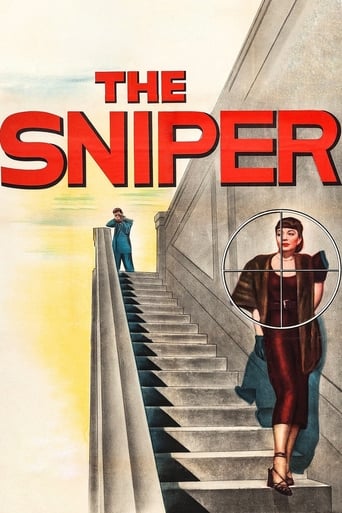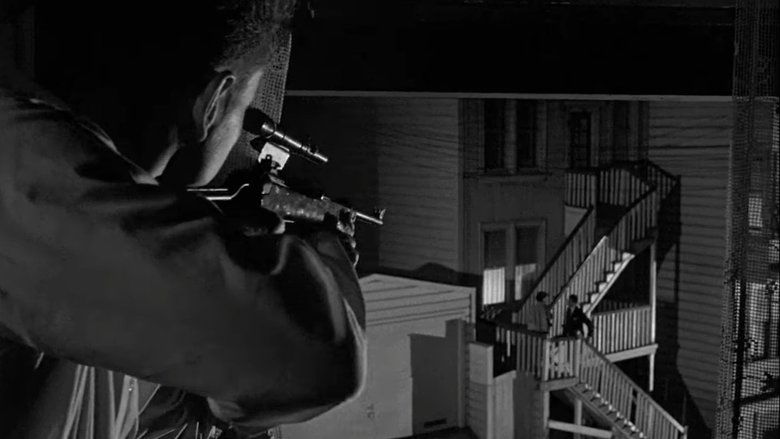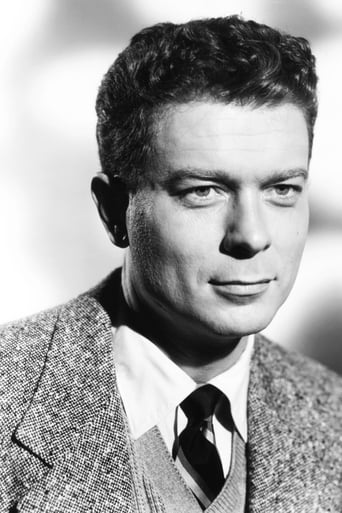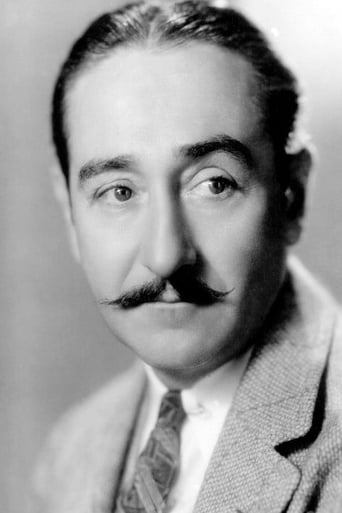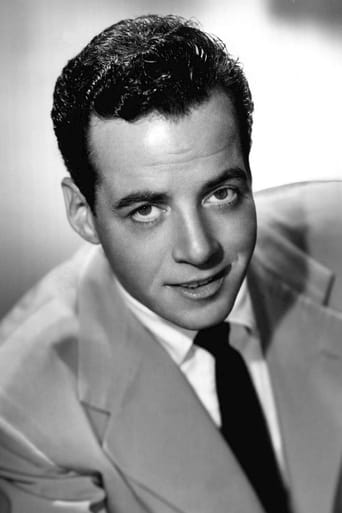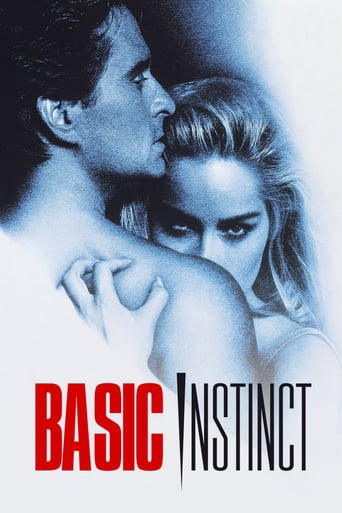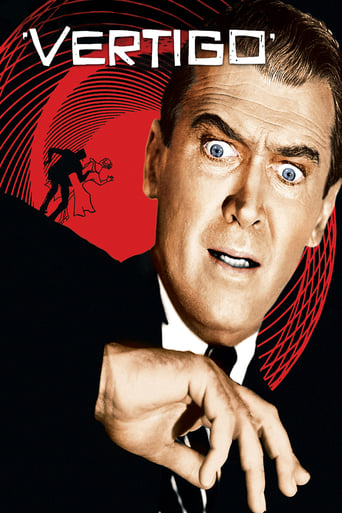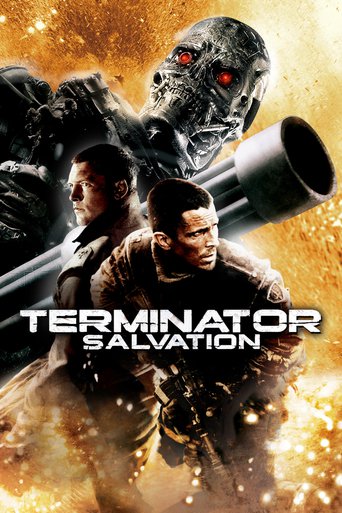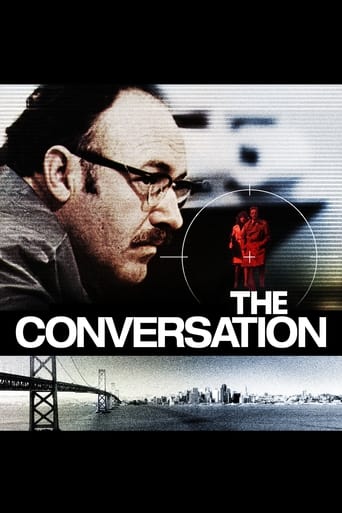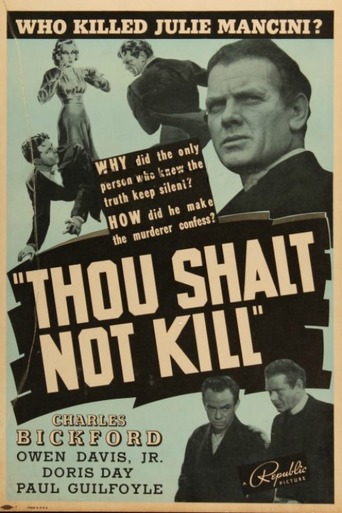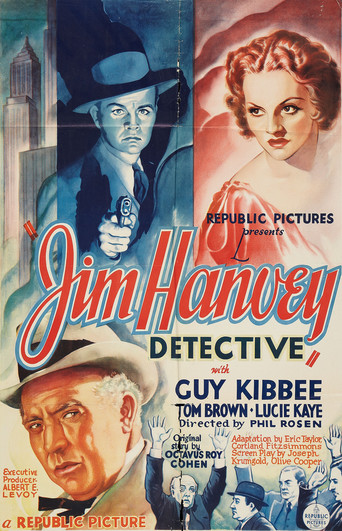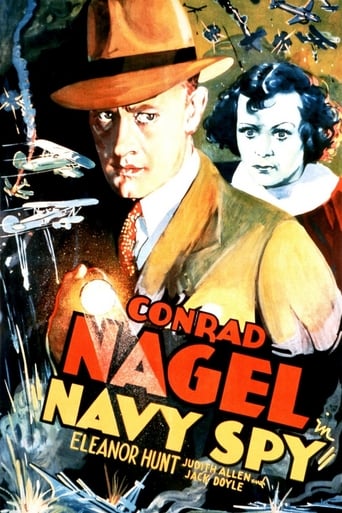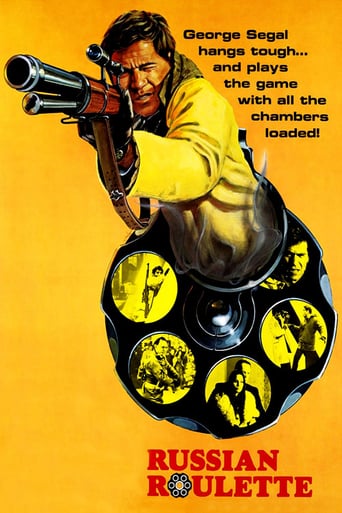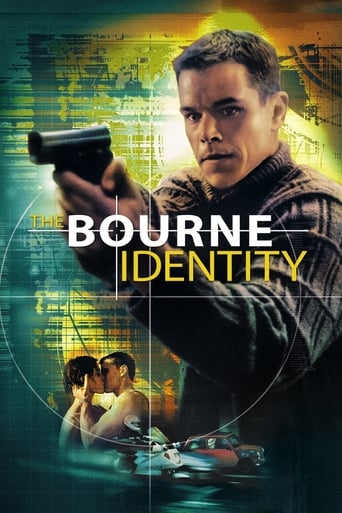The Sniper (1952)
Eddie Miller struggles with his hatred of women, he's especially bothered by seeing women with their lovers. He starts a killing spree as a sniper by shooting women from far distances. In an attempt to get caught, he writes an anonymous letter to the police begging them to stop him.
Watch Trailer
Free Trial Channels
Cast


Similar titles
Reviews
Excellent, smart action film.
The plot isn't so bad, but the pace of storytelling is too slow which makes people bored. Certain moments are so obvious and unnecessary for the main plot. I would've fast-forwarded those moments if it was an online streaming. The ending looks like implying a sequel, not sure if this movie will get one
Not sure how, but this is easily one of the best movies all summer. Multiple levels of funny, never takes itself seriously, super colorful, and creative.
Blistering performances.
Favorite Movie Quote: (The sniper's anonymous note sent to the police) - "Stop me - Find me and stop me - I'm going to do it again!" Released in 1952 - The Sniper stars actor Arthur Franz as Eddy Miller, the title character. Franz gives a sensitive & insightful performance as this sadly troubled man who out of a deep-rooted hatred towards women begins to stalk them down in the San Francisco area, randomly annihilating them, using a powerful M-1, carbine rifle.The Sniper is a very intense Suspense/Thriller that (even though the Eddie Miller character is deemed a dangerous killer) has you actually caring about this unstable, young man who can't seem to control the overwhelming urges he has to use his rifle in the murder of several women.This fine production, which treats its serial-killer with insight and compassion, is one of the earliest studies of a murderous psychopath who kills randomly and without apparent motive, making it almost impossible for the police to track him down.Filmed in stark b&w, The Sniper proves itself to be a really first-rate picture from the 1950s. It was masterfully directed by Edward Dmytryk, who is also credited for directing such other top-notch films as - Murder My Sweet, Crossfire, Raintree Country, and The Caine Mutiny.
A stark and upsetting film about a serial sniper driven to shoot women because of suggested but never explicitly explained interactions with female figures in his past. There's something ahead of its time about this film, partially because of its frank mingling of violence and sexuality, but also because of the way it depicts what happens to a human body when it's gunned down. In other movies from the same time period, if someone were to get shot, they would freeze and pose dramatically for the camera before slowly crumpling to the floor in a bloodless swoon. In this film, shot bodies get thrown into walls and drop like lead. It's disturbing because it looks very real.Also notable is this film's plea to its audience to have sympathy with its tortured killer, and the suggestion that murderers might be sick rather than evil. The end shot in particular left me chilled and heartbroken at the same time.The story won screen writing couple Edward and Edna Anhalt their second Oscar nomination, though that year's winner was "The Greatest Show on Earth." Grade: A
Before Edward Dmytryk made "Raintree County," he made a number of B-movie thrillers that stand out. "The Sniper" was one of the earliest examples of a serial killer movie. Edward Franz plays a troubled delivery man for a clothes cleaning service. He is driven to shoot women with a carbine. The irony is that the protagonist wants desperately to be captured by the police. Eddie keeps a carbine in his dresser drawer, and the police have launched a full-scale search. Despite being made in the early 1950s, this melodrama is pretty good with Franz turning in a compelling performance. Clocking in at 88 minutes, "The Sniper" is a crisp, sharp, suspense film that doesn't wear out its welcome. Moreover, "The Sniper" is a forerunner of Don Siegel's "Dirty Harry." Dmytryk and lenser Burnett Guffey make good use of actual on-location photography that gives this thriller a lot of atmosphere. The name of the cop assigned to bring Eddie in is Lieutenant Frank Kafka. Talk about an unusual name. In the finale, the cop storm Eddie's apartment house building, blast the door with a Thompson machine gun, and find the villain clutching his carbine with a tear rolling down his cheek.
Beginning with sexual assault statistics by men against women (as if only females fell prey to sexual assault!)--which really don't have much to do with the story that follows--"The Sniper" is irrevocably dated, and often so over-heated that it is occasionally funny unintentionally. Co-producers Edward and Edna Anhalt also concocted this melodrama about a disturbed young man (Arthur Franz) in San Francisco, released too soon from the prison mental ward while serving jail time, who gets hostile when he sees displays of sweetheart-affection in public. Worse, he makes women defensive in one-on-one conversation, eventually pegging them as targets to be eliminated; he isn't sexually aggressive, he's a people-hater (though the scenarists curiously lump these two types together). A crack shot with his rifle, Franz secretly pleads for someone to take notice of him, yet bodies begin piling up before police lieutenant Adolphe Menjou puts two and two together. Exceptionally well-made low-budget item has gleaming Burnett Guffey cinematography and some effective moments. The script doesn't do the production justice however, and Franz isn't directed properly (he looks continually unsure of himself). The snippets of chit-chat we hear on the street are amusingly jaded, cynical, and woefully theatrical. Still, the violence depicted was ahead of its time, and is carried off without too much exploitive fervor. ** from ****

